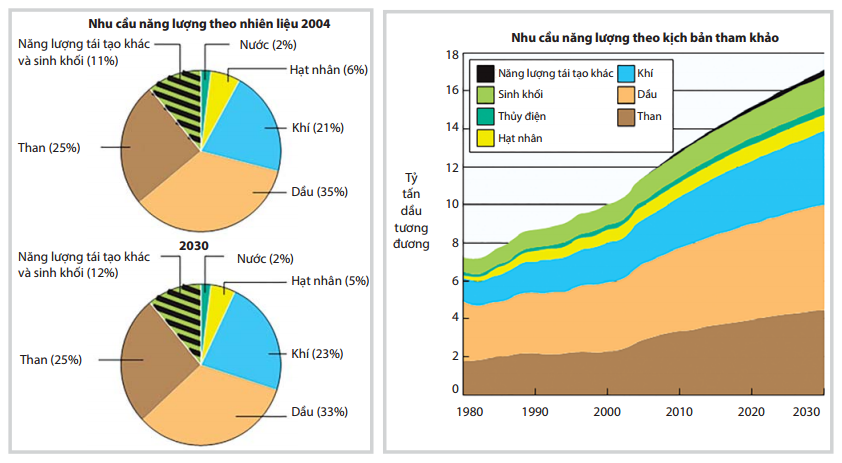Identifying the risks of climate change that affect the operation of the oil and gas industry
Abstract
In the current context of climate change (CC), oil and gas will remain a major component of global energy for many years to come until the non-fossil energy sources become abundantly available and more economical alternatives. During this transition period, the oil and gas industry should be developed to manage their operations safely and reduce greenhouse gas emissions (GHG), waste and ecological impacts while powering with affordable quality.
This article identifies the key risks of climate change, analyses the impact of these risks on the development of the oil and gas industry, such as physical risks of climate change, legal risks, market and technological risks. The article also provides an overview of the impacts, illustrating some of the risks that companies have already faced and highlighting some of the ways in which the oil and gas companies can respond.
References
2. International Energy Agency (IEA). World energy outlook special report 2013: Redrawing the energy climate map. November 2013.
3. Intergovernmental Panel on Climate Change. http://ipcc-wg2.gov/AR5/.
4. BP. Water in the energy industry - An introduction. 2013.
5. Rosina Bierbaum, Joel B.Smith, Arthur Lee, Maria Blair, Lynne Carter, F.Stuart ChapinIII, Paul Fleming, Susan Ruffo, Missy Stults, Shannon McNeeley, Emily Wasley, Laura Verduzco. A comprehensive review of climate adaptation in the United States: more than before, but less than needed. Mitigation and Adaptation Strategies for Global Change. 2013; 18(3): p. 361 - 406.
6. Joeri Rogelj, Malte Meinshausen, Reto Knutti. Global warming under old and new scenarios using IPCC climate sensitivity range estimates. Nature Climate Change. 2012; 2(4): p. 248 - 253.
7. Jan Dell. Petroleum industry: Adaptation to projected impacts of climate change. 20th World Petroleum Congress, Doha, Qatar. 4 - 8 December 2011.
8. International Energy Agency (IEA). World energy outlook 2013. 12 November 2013.
9. Kevin A.Boumert, Timothy Herzog, Jonathan Pershing. Navigating the numbers: Greenhouse gas data and international climate policy. World Resources Institute. 2005.
10. http://www2.epa.gov/hfstudy.
11. Energy Information Administration (EIA). EIA energy outlook. 2013.
12. Peter Mock, Zifei Yang. Driving electrification: A global comparison of fiscal incentive policy for electric vehicles. The International Council on CleanTransportation. 2014.
13. United States Council for Automotive Research LLC. www.uscar.org.
14. Royal Dutch Shell PLC. Letter in response to enquiries from shareholders regarding the “carbon bubble” or “stranded assets” issue. 16 May 2014.
15. ExxonMobil. Energy and carbon - Managing the risks. 2014.
16. Energy Information Administration (EIA). U.S. energy information administration. International Energy Outlook 2013.
17. International Renewable Energy Agency. Renewable power generation costs in 2012: An overview. 2012.
18. Thomas Bruckner, Igor Alexeyevich Bashmakov, Yacob Mulugetta et al. Chapter 7: Energy systems. Climate Change 2014 Mitigation of Climate Change. Intergovernmental Panel on Climate Change. Cambridge University Press. 2014.

1. The Author assigns all copyright in and to the article (the Work) to the Petrovietnam Journal, including the right to publish, republish, transmit, sell and distribute the Work in whole or in part in electronic and print editions of the Journal, in all media of expression now known or later developed.
2. By this assignment of copyright to the Petrovietnam Journal, reproduction, posting, transmission, distribution or other use of the Work in whole or in part in any medium by the Author requires a full citation to the Journal, suitable in form and content as follows: title of article, authors’ names, journal title, volume, issue, year, copyright owner as specified in the Journal, DOI number. Links to the final article published on the website of the Journal are encouraged.




